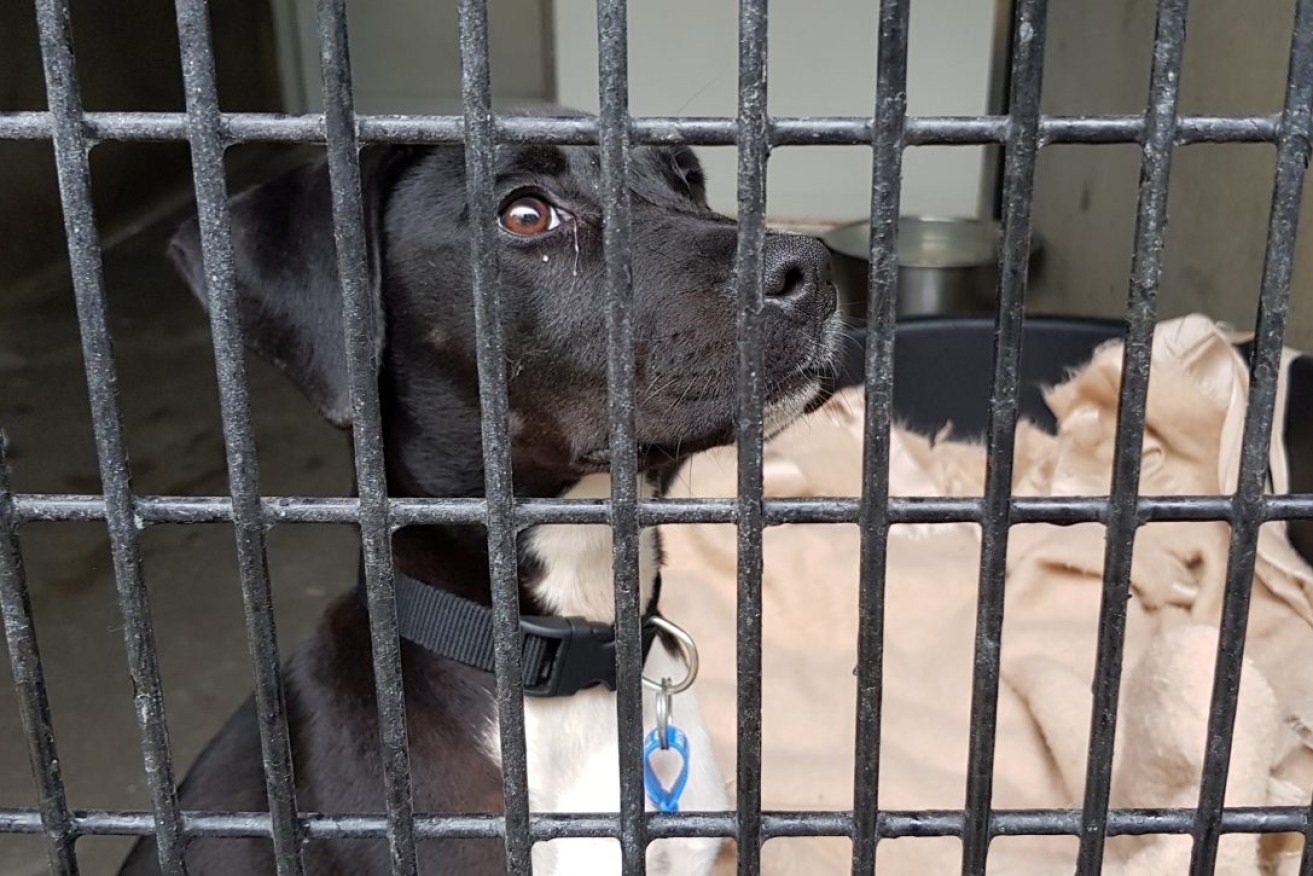SA’s animal welfare laws set to be toughened
The Malinauskas Government has flagged a shake-up of South Australia’s animal welfare laws, including new “minimum care” standards for pets, tougher penalties for animal cruelty and adding fish to the list of animals protected under legislation.


Photo: James Redmayne/Reuters
Deputy Premier and Environment Minister Susan Close today launched the state’s first review of the Animal Welfare Act 1985 in 15 years, saying it was “time to make sure that it’s reflecting community standards, and importantly, that it’s enforceable”.
The review, run by the Department of Environment and Water, is examining a wide range of issues, including:
- Whether the definition of “animal” and “harm” under the Act should be expanded.
- Whether animal owners should be subject to “minimum standards of care” laws for feeding, watering, exercising and living conditions.
- Whether the current penalties for animal cruelty are appropriate.
The review opened to public submissions today and will run until March 26, after which the Department will finalise its advice for reform to the Minister.
Close said she expected to see draft legislation before the end of the year.
“I expect to receive a lot of input from the community that will require really very thoughtful reworking of the Act,” she told reporters today.
“So, I don’t want to rush that and promise too quickly.
“I’d like to see a form of legislation before the end of the year, [but] I doubt that it will be through the parliament before the end of the year given the scale of the changes we’re expecting people will want us to work through.”
The review comes after the RSPCA conducted a national assessment of animal welfare legislation last year and found South Australia has “the weakest legislated animal protections of any state in Australia”.
The last three years have also seen Western Australia, New South Wales, Queensland and Victoria review their animal welfare laws in a bid to strengthen protections.
South Australia’s last review occurred in 2007, prompting legislative changes in 2008 that shifted the focus of the Act from preventing cruelty to promoting welfare. It also increased penalties for animal cruelty.
RSPCA CEO Paul Stevenson said this year’s review of the Act was “well overdue”.
“RSPCA undertook a national benchmarking of animal protection legislation across Australia last year, South Australia is clearly ranking bottom now,” he told reporters.
“So, we really do need to bring up the standards, the scope and the operation of our legislation to bring it up to community expectations.”
Stevenson said one of the reforms the RSPCA would be pushing for is an expanded definition of harm to include “foreseeable harm”.
“There’s been examples where dogs have been left in hot cars, some have died, and because of various circumstances, we haven’t been able to identify the actual cause of death,” he said.
“There’s other cases where dogs have been rescued from hot cars and because they’ve been rescued in time and haven’t actually suffered harm, then again there’s no opportunity to prosecute people.
“So, it’s one of the elements we’re looking for in the Act that there is a foreseeability of harm, rather than actually having to wait for harm to occur.
“Always having to wait for animals to suffer harm before we can take action isn’t the way our legislation should be framed.”
The review’s consultation paper, released today, is also seeking to gauge community sentiment on whether the definition of an animal under the Act should be expanded.
Currently, all fish, aquatic invertebrates (such as octopuses, starfish and jellyfish) and terrestrial invertebrates (such as spiders, centipedes and butterflies) are not defined as animals for the purposes of the Act.
“It’s one of the gaps in our legislation is that fish are not covered, and crustaceans are not covered,” Stevenson said.
“Other states have that, and that’s certainly one of the elements we’ll be looking to include in this review.
“It’s completely reasonable I think for fish and all sentient creatures to be given the protections that the community expects.”
The review is also asking for opinions on whether the enforcement powers of the state government and RSPCA should be expanded, and whether the penalties for animal cruelty are sufficient to “discourage offending under the Act”.
Currently, the maximum penalty for ill-treating an animal and causing serious harm or death is $50,000 or four years’ imprisonment.
The same maximum penalties apply for taking part in organised animal fights and live baiting as well as selling or supplying an animal for these purposes.
According to Stevenson, the RSPCA has prosecuted more than 1200 cases since the Act came into effect in 1985.
He said the organisation receives 26,000 calls every year, of which 4500 are triaged for investigation and 40 are prosecuted.




